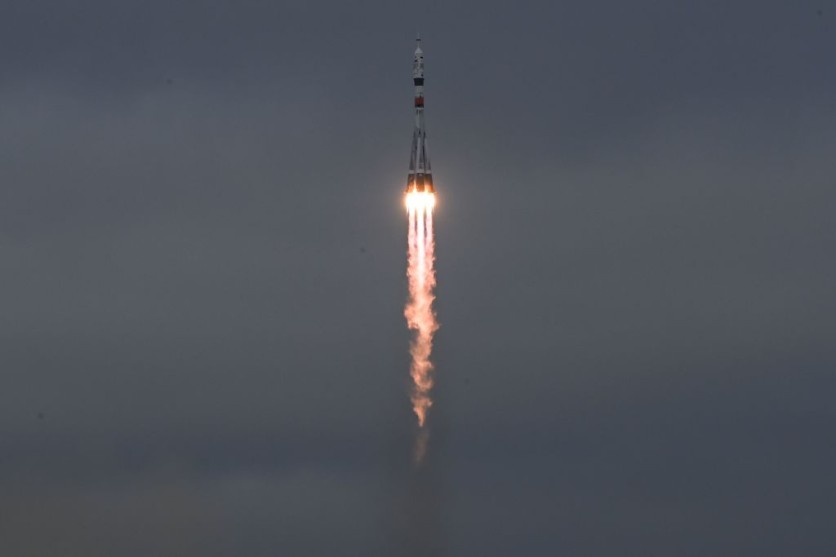An uncrewed robotic Russian cargo ship delivered almost three tons of food, fuel, scientific experiments, and other supplies for the Expedition 68 crew on the International Space Station (ISS), reported first by Space.com on Saturday, Feb. 11.

Expedition 68 Mission
After a two-day orbital chase, the robotic Progress 83 freighter landed with the station's Zvezda service module at 3:45 am EST (0849 GMT) on Saturday.
Early on Thursday, Feb. 9, Progress 83 was propelled into space aboard a Soyuz rocket from the Russian Baikonur Cosmodrome in Kazakhstan.
Cosmonauts Dmitri Petelin and Sergey Prokopyev, who are in charge of the Expedition 68 mission, watched as the autonomous freighter came close to the Russian section of the space station.
The crew on board the station had to wait for air pressure to balance between the cargo craft and the orbiting lab before unlocking the hatches and delivering the six months' worth of supplies, as per NASA's update on Friday, Feb. 10.
Petelin, Prokopyev, and NASA astronaut Frank Rubio all landed at the space station in September 2022 o a Russian Soyuz rocket.
After what appeared to be a micrometeoroid attack in December 2022, the vehicle lost all of its coolants, making it unable to return astronauts to Earth other than in an emergency.
On Feb. 19, the federal space agency of Russia, Roscosmos, will launch an unmanned Soyuz in the direction of the station to act as the trio's new return vehicle to Earth.
However, according to NASA officials, their return will be delayed significantly as it will take place in late September rather than the original March date.
Read also : Cygnus Cargo Mission Launches Ovarian Cells and Other Wild Experiments to Space this Sunday - How to Watch
Crew-5 Astronauts
As part of SpaceX's Crew-5 mission for NASA, Petelin, Prokopyev, and Rubio are now on the station with four other astronauts.
Nicole Mann and Josh Cassada of NASA, Koichi Wakata of Japan, and Anna Kikina of Roscosmos make up Crew-5, which docked at the station in October 2022.
Recent science activities onboard the station have been driven by human studies as the crewmates study how being in space affects digestion and blood pressure.
Nicole Mann, a flight engineer, wore a head probe on Friday morning and fastened sensors to her chest to assess her blood flow and discover how the brain controls blood pressure in weightlessness.
She participated in another study that afternoon with Josh Cassada, a fellow NASA astronaut, to monitor the cardiorespiratory system while exercising on the station.
According to NASA, these studies have the potential to advance healthier humans on Earth and in orbit.
The Crew-5 astronauts will return home on Earth by March.
Related Article : SpaceX Crew Dragon Will Send First Saudi Astronauts to ISS; Gulf Nation to Strengthen Ties With US Space Companies

ⓒ 2025 TECHTIMES.com All rights reserved. Do not reproduce without permission.




